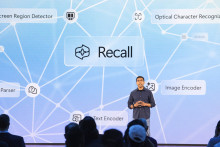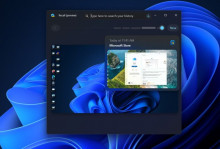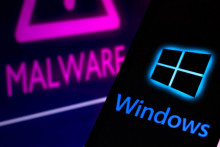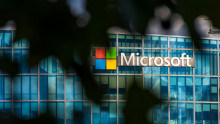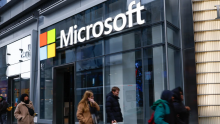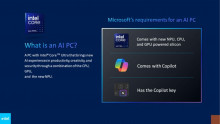Dutch privacy regulator says Windows 10 breaks the law
The lack of clear information about what Microsoft does with the data that Windows 10 collects prevents consumers from giving their informed consent, says the Dutch Data Protection Authority (DPA). As such, the regulator says that the operating system is breaking the law.















































